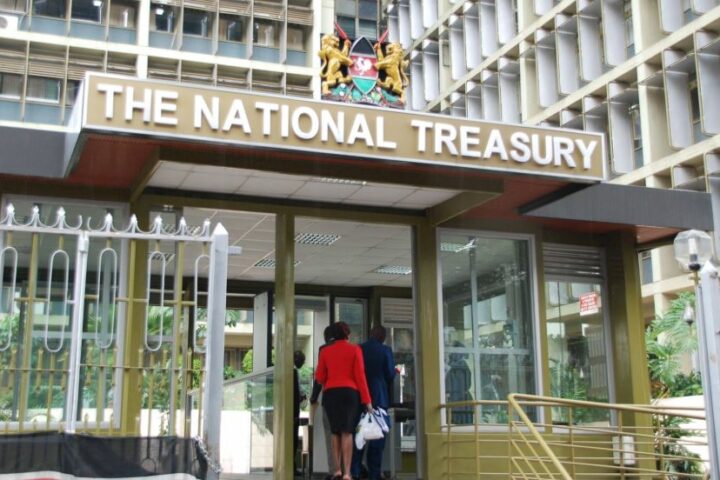 City Hall is set to begin construction of a Kes.290 million official residence for the Governor in Nairobi’s Kilimani estate, with plans to compensate twelve families currently residing on the land.
City Hall is set to begin construction of a Kes.290 million official residence for the Governor in Nairobi’s Kilimani estate, with plans to compensate twelve families currently residing on the land.
Acting County Secretary Geoffrey Akumali confirmed that each family will receive Kes.50,000 as part of the compensation process, which is essential for initiating construction on the site.
On Tuesday, Akumali informed the County Assembly Justice and Legal Affairs Committee that the county is overdue in fulfilling the legal requirements for establishing an official governor’s residence, a mandate first introduced during devolution by the Transition Authority.
“We are actually behind schedule because this is something that should have been done long ago,” he stated, underscoring the importance of advancing the project.
According to the county government, a contractor is expected to start work by the end of this month.
Initially, the county allocated Kes.500 million for the residence, but this was later reduced to Kes.290 million after Governor Sakaja declined the offer for an official residence, citing other funding priorities.
So far, Kes.60 million has been disbursed for the project, which is slated for completion by April 2025.
Committee Chairman Jared Akama stressed that constructing the residence is not only a legal requirement but also necessary to avoid audit issues.
“This is a requirement of the law, and indeed, Nairobi is behind schedule. For now, it is important to clear the audit queries,” Akama noted.
In 2019, the Treasury reported monthly rent expenses of Kes.5 million for governors, Kes.4.51 million for deputy governors, and Kes.3.75 million for speakers. These costs further burden taxpayers, who also cover transport and entertainment allowances for these officials.
Governor Sakaja had previously opposed the project in 2022, proposing instead to direct funds toward initiatives benefiting small and medium enterprises in Nairobi.
“I already have a place where I live; why do I need Kes.500 million for another residence? Let’s work for our people,” Sakaja stated, explaining that the funds should support local markets and job creation for young people in the city.








